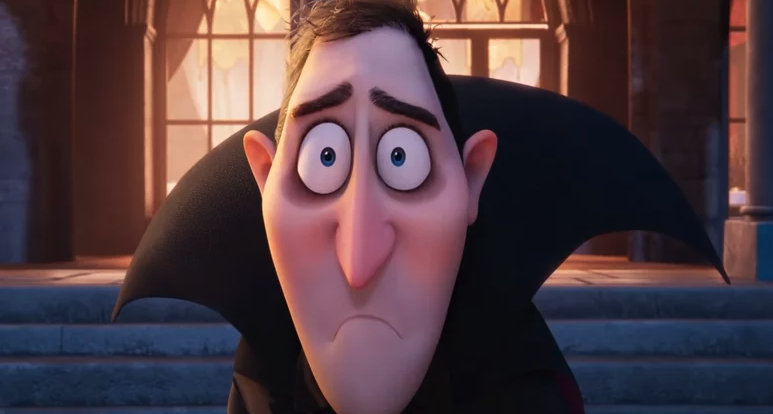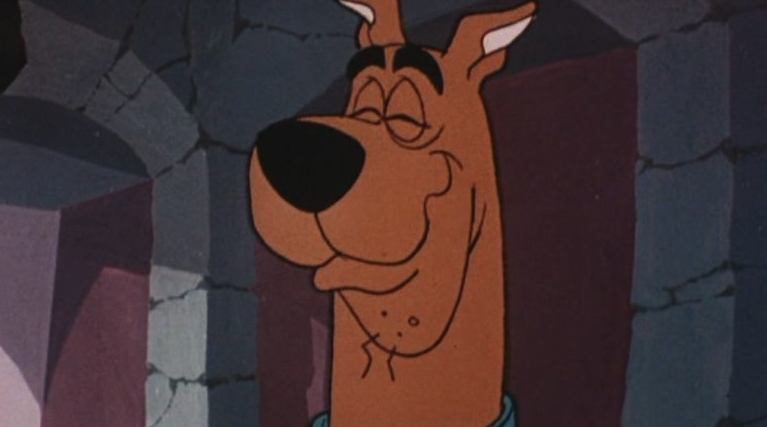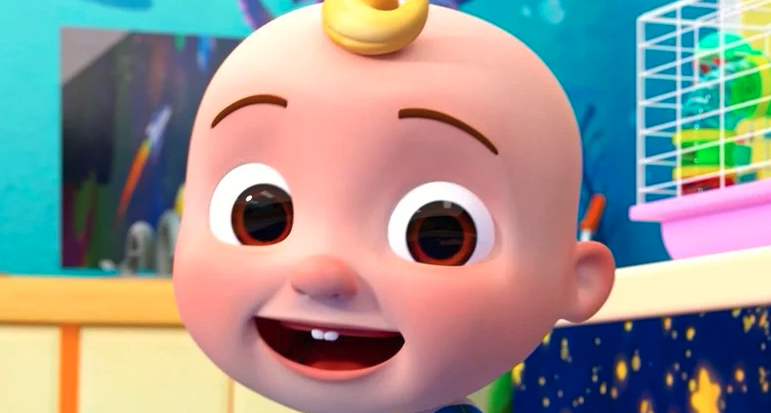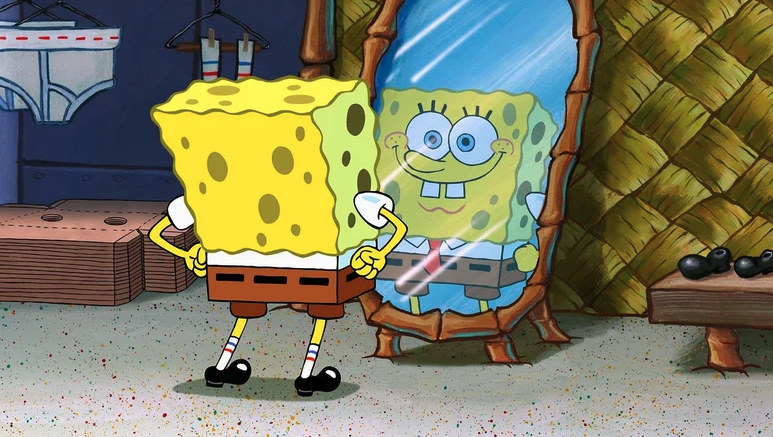The Flintstones Harbored Some Pretty Dark Moments
As kids, we laughed at Fred Flintstone's antics, but looking back, the show had surprisingly mature themes. Beneath the bedrock humor were hints of marital strife between Fred and Wilma, often stemming from Fred's gambling and poor financial decisions. The show also subtly explored workplace anxieties, depicting Fred's struggles with his demanding boss. These issues, relatable to adult viewers, likely went over our heads as children, focusing instead on the dinosaurs and slapstick comedy. The Flintstones, it turns out, was more than just a cartoon about a Stone Age family.
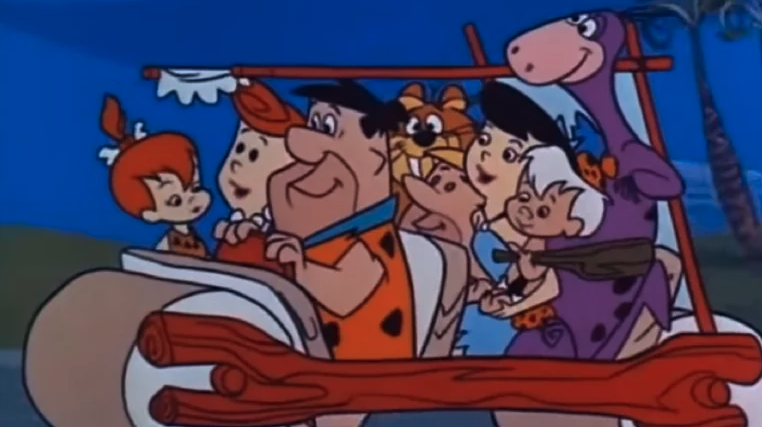
The Flintstones, a beloved animated sitcom depicting a Stone Age family, is often remembered for its lighthearted humor and catchy theme song. However, beneath the surface of this seemingly innocent cartoon lies a surprising number of darker moments and themes that often go unnoticed by casual viewers. While the show primarily aimed for family-friendly entertainment, it occasionally ventured into more mature territory, tackling issues and presenting scenarios that were surprisingly complex for a primetime animated series.
Early Hints of Adult Themes
- Marital Discord and Financial Strain: Even in the early seasons, the show hinted at marital tension between Fred and Wilma. While their relationship was generally loving, they often engaged in heated arguments, usually fueled by Fred's impulsive nature and poor financial decisions. His penchant for gambling, often resulting in significant debt, was a recurring theme. These storylines, though played for comedic effect, touched upon real-life marital issues, such as disagreements over money and the stress it can cause.
- Workplace Stress and Exploitation: Fred's job at Slate Rock and Gravel Company often depicted the challenges of working-class life. He frequently faced demanding bosses, long hours, and the constant threat of being fired. These storylines, while exaggerated for comedic effect, reflected the anxieties and pressures faced by many working-class families in the mid-20th century, particularly the fear of job insecurity.
Deeper Dives into Darker Territory
As the series progressed, it began to explore more complex and nuanced themes, often venturing into darker territory.
1. The world of the Flintstones exploited animals to an unprecedented level: The Flintstones' Stone Age world, while comedic, depicts a society deeply reliant on animal exploitation. This goes far beyond simply hunting for food; animals are integrated into nearly every facet of daily life, often in ways that are both humorous and unsettling.
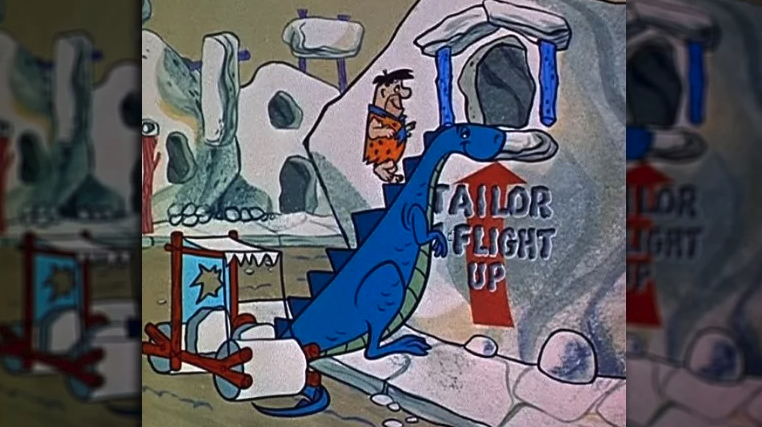
- Domestic Servitude: Animals are used as household appliances: a pig acts as a garbage disposal, a bird as a record player needle, and a mammoth as a vacuum cleaner. These depictions normalize the idea of animals existing solely for human convenience, disregarding their sentience.
- Tools and Technology: Dinosaurs and other prehistoric creatures serve as construction equipment, cars (foot-powered, of course), and even airplanes. This portrays animals as mere tools, their physical capabilities exploited without consideration for their well-being.
- Food and Entertainment: While hunting is implied, the show also features animals as food in more direct ways, like ribs the size of cars. Furthermore, animals are used for entertainment, such as races or even as bowling pins. This constant use of animals for labor, technology, and entertainment, often in absurd and comical ways, highlights the Flintstones' world's normalized exploitation of the animal kingdom. While played for laughs, it presents a stark contrast to modern ethical considerations regarding animal welfare.
2. Domestic abuse is played for laughs: While not physically violent, the show often depicted verbal and emotional abuse, primarily from Fred towards Wilma. Fred's explosive temper, constant yelling, and dismissive behavior towards Wilma's feelings were often played for comedic effect, but these behaviors can be seen as forms of emotional abuse. The normalization of this behavior in a family-friendly cartoon is troubling when viewed through a modern lens.
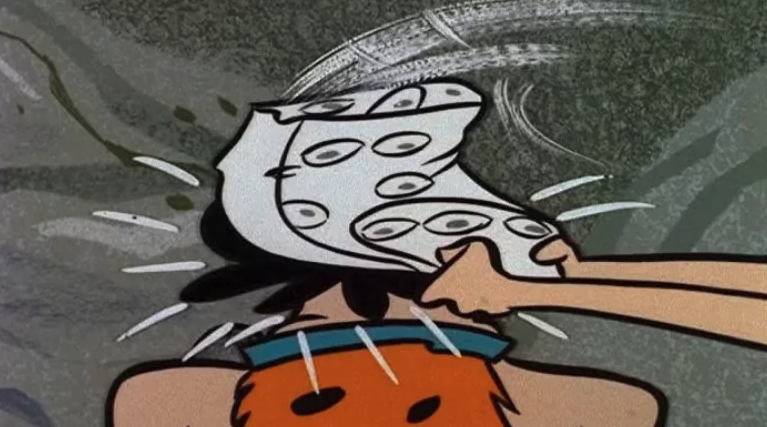
3. Barney and Betty are infertile: The introduction of Bamm-Bamm, the Rubble's adopted son, hints at a deeper, unspoken issue: Barney and Betty's apparent infertility. While never explicitly stated, the show strongly implies that they were unable to conceive naturally, leading them to adopt Bamm-Bamm. This storyline, while ultimately resulting in a happy ending, touches upon the sensitive and often painful topic of infertility, a struggle faced by many couples.
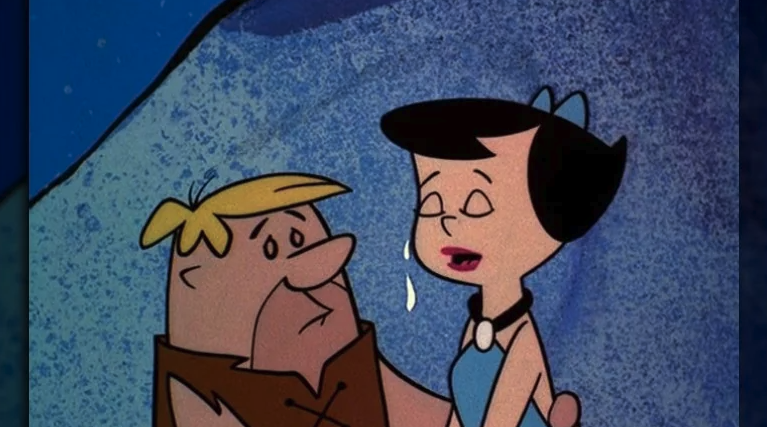
The Impact of Societal Context and Hidden Messages
The darker moments in The Flintstones can also be viewed within the context of the societal changes taking place during the show's run.
- Reflecting Mid-20th Century Anxieties: The show premiered in the early 1960s, a period of significant social and political upheaval in the United States. The Cold War, the Civil Rights Movement, and the growing threat of nuclear war created a sense of anxiety and uncertainty that permeated American society. Some of the darker themes in The Flintstones, such as workplace stress, financial insecurity, and even the reliance on potentially dangerous technology (represented by the animal-powered machines), can be seen as reflections of these broader societal anxieties.
- Suburban Life and its Discontents: The Flintstones portrayed a typical suburban family of the time, complete with a house in the suburbs, a car, and social interactions with neighbors. However, beneath the surface of this idealized suburban life, the show hinted at the pressures and anxieties associated with maintaining this lifestyle, including financial pressures, marital tension, and the challenges of raising a family.
Conclusion: A Deeper Look at Bedrock
While The Flintstones is primarily remembered for its lighthearted humor and family-friendly entertainment, a closer examination reveals a surprising depth and complexity. The show's occasional forays into darker themes, such as marital discord, financial struggles, animal exploitation, implied domestic abuse, and infertility, provide a glimpse into the realities of life in the mid-20th century and add a layer of depth to this classic animated series. These moments, while often subtle, contribute to the show's enduring appeal and its ability to resonate with audiences across generations. They remind us that even in a cartoon world of dinosaurs and stone tools, the human experience, with all its complexities and challenges, remains a central theme.

